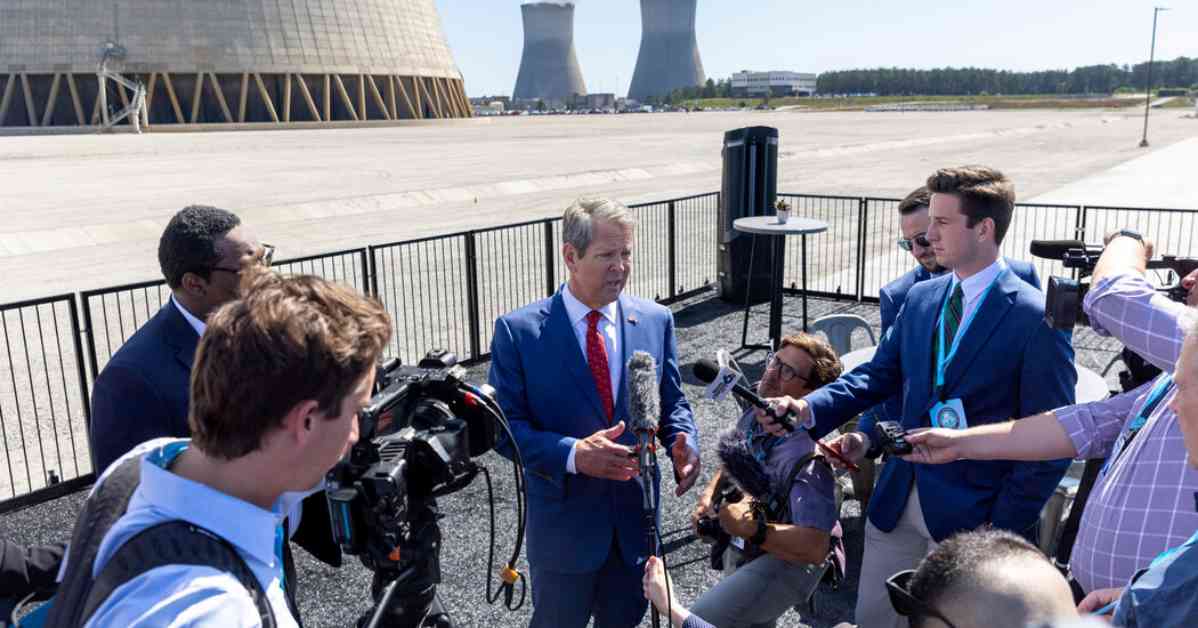Georgia Governor Brian Kemp, a Republican who has had a complicated relationship with former President Donald J. Trump, recently revealed that he did not vote for Trump in the GOP primary. Despite certifying the results of the 2020 election against Trump’s wishes, Kemp admitted to casting a blank ballot in the primary.
During an interview with CNN, Kemp stated, “I voted, but I didn’t vote for anybody.” This decision comes after weeks of speculation about Kemp’s support for Trump as the GOP nominee. Kemp expressed his acceptance of the outcome, emphasizing that his vote at that point did not hold much significance.
While Kemp did not vote for Trump in the primary, he mentioned that he would support the Republican candidates for president and vice president. Trump is anticipated to be the probable presidential nominee for the GOP. Following the 2020 election, Trump criticized Kemp for certifying the election results in Georgia, a state that Joe Biden won by a margin of over 11,000 votes. Trump even went as far as calling for Kemp’s resignation.
In March 2021, Kemp had indicated that he would support Trump if he ran for president in 2024. Despite this, Trump later made comments suggesting that Kemp’s Democratic opponent, Stacey Abrams, might govern the state better than Kemp. In the 2022 primary challenge, Kemp easily defeated former Senator David Perdue, who had Trump’s endorsement.
Kemp’s endorsement of Trump in March was brief, with him stating, “I think he’d be better than Joe Biden.” During his recent CNN interview, Kemp expressed his hope that Trump would focus on the future and not dwell on the past during debates.
“I mean, regardless of our history together, I have a vested interest in Georgia remaining in Republican hands,” Kemp emphasized.
Kemp’s decision not to vote for Trump in the GOP primary reflects the ongoing political dynamics within the Republican party and his own evolving relationship with the former president. As the 2024 presidential election approaches, the interactions between key figures like Kemp and Trump will continue to shape the political landscape in Georgia and beyond.


















